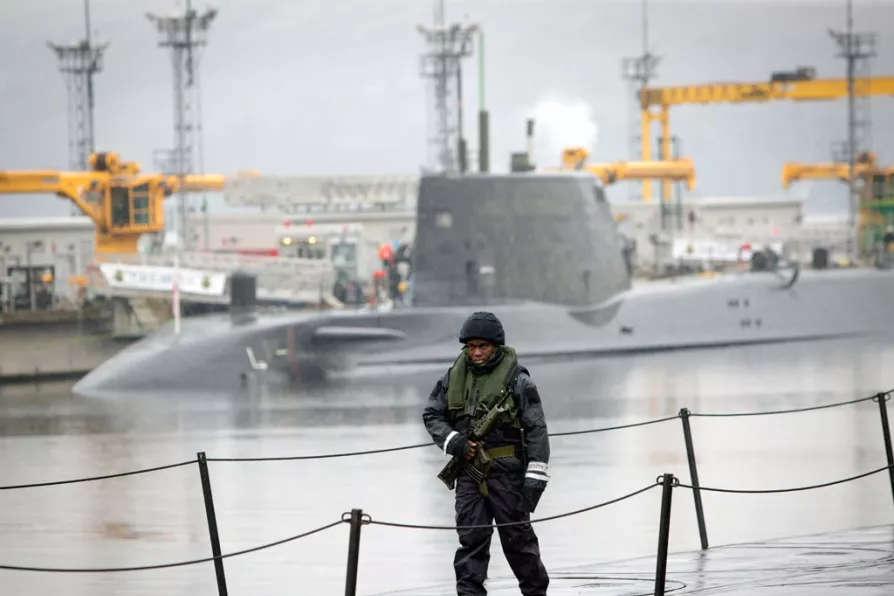The Mandelson scandal reveals a political settlement in which democratic choice is curtailed and the power of markets eclipses the will of voters – only the left can challenge this, writes JON TRICKETT MP

 A soldier walking on the deck of a Trident nuclear submarine
A soldier walking on the deck of a Trident nuclear submarine
AS the government ploughs on with yet another dangerous and reckless misstep in its haphazard and callous approach to the pandemic, one trend is becoming crystal clear: that working people and those already hit hard by a decade of austerity will be expected to pay the price.
With the furlough scheme being wound down, universal credit set to be cut by £20 and Chancellor Rishi Sunak refusing to rule out scrapping the pension triple lock, it seems the Tories’ supposed shift in economic policy predictably doesn’t extend to being prepared to put the interests of the majority of people over those of the class who bankroll their party (and who, in many cases, have by no means done badly out of the last 16 months).
But while rhetoric about “tough decisions” and “fiscal responsibility” is returning, one spending commitment seems to be in no danger of being reviewed by the government, or questioned by right-wing commentators: the enormous sum put towards nuclear weapons.

JEREMY CORBYN reports from Hiroshima where he represented CND at the 80th anniversary of the bombing of the city by the US

Ageing survivors of the Hiroshima and Nagasaki atomic bombings are increasingly frustrated by growing nuclear threats by global leaders












